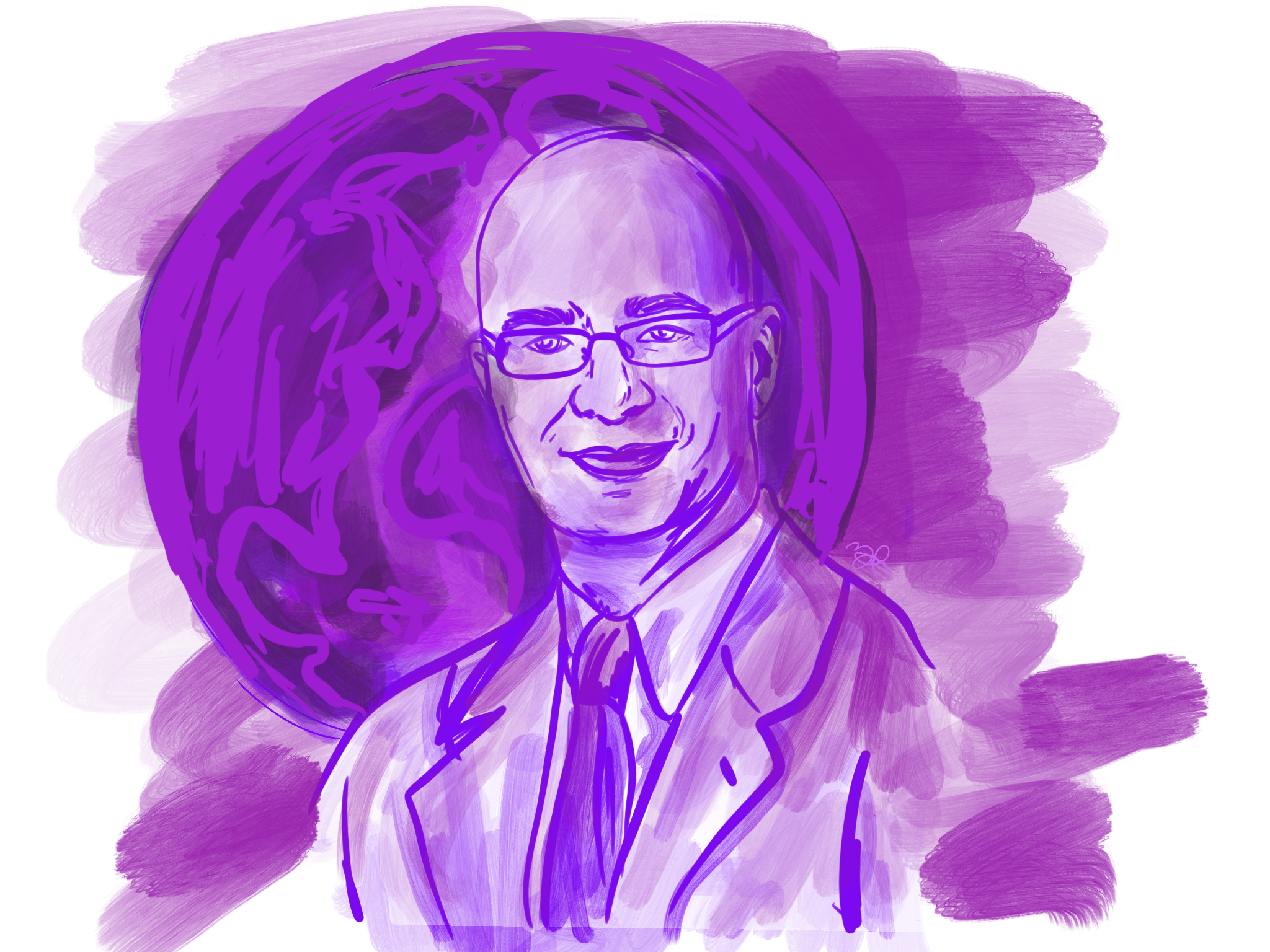
Zoe Berg, Photo Editor
On Thursday, the Yale Center for Environmental Communication virtually welcomed John Abraham, a professor and the program director of thermal sciences at the University of St. Thomas School of Engineering, to give a talk on climate science communication.
In addition to working as a researcher and professor, Abraham is a journalist for The Guardian and communicates scientific knowledge surrounding climate change to the public. Abraham also founded the Climate Science Rapid Response Team in order to provide the public, as well as policymakers, with correct and evidence-based climate science information. Abraham’s talk focused on ways to disseminate information about global warming and climate science and how to engage with audience members who may not be familiar with scientific jargon.
“If a scientist is doing an interview and starts talking about aerosols, which people associate with something like hair spray, they have lost the audience,” Abraham said. “Even Antonin Scalia had a stunning lack of understanding of basic climate science, but part of it was that the people presenting climate science to him were using too much jargon.”
Abraham characterized a divide between scientists and members of the general public — with scientists thinking of climate change in terms of energy flows and the public usually seeing it through iconic images of natural disasters. He emphasized the importance of disseminating climate science to members of the public in purely simple terms. Much of his talk focused on ways to proliferate climate science among strong deniers of climate change.
During the event, Abraham recounted his experiences talking with typically conservative and far-right news organizations when attempting to share basic climate science information. He acknowledged that, at the end of these conversations, the goal is not to ultimately convince these people that climate change is a real problem, but rather to show them the science behind it.
“I don’t try to convince everyone,” Abraham said. “There are some people that are inconvincible. But I look for ways to talk about science in a way that is not threatening to them. We can emphasize the economic costs that come with climate change, which they can observe themselves.”
Abraham said that a deep sense of social justice called him to engage in communicating climate science information to the public. At the event, he emphasized the intersection between environmentalism and social equity.
“Climate change is something that is going to disproportionately affect people who are not in the United States or in Europe or in other developed countries,” Abraham said. “The impacts of climate change are going to be felt disproportionately by people who for example live in Africa, in areas where subsistence farming is critical for social and economic survival. People who don’t look like me are going to suffer more from climate change even though people who look like me were the primary causes.”
Attendees of the talk asked Abraham whether there was a way to combine these concepts of social justice and environmentalism when trying to explain climate change to those who deny it. Abraham responded that it is important to celebrate the small victories when talking to people who do not believe in climate science, and that the end goal is not always going to be persuading someone that they had been wrong.
The talk was moderated by Tom Murray ’22, the YCEC speaker series coordinator. Murray had first reached out to Abraham after reading his science writing in The Guardian.
“The biggest takeaway was that when you are communicating the urgency of climate change, you don’t have to agree on every detail or even why it is urgent, as long as you all agree it is urgent,” Murray wrote in an email to the News. “If you are speaking to a farmer, a rancher, a hunter, a fisher, they all will have different reasons to care about environmental degradation. Yet they will all agree that they have some reason to care.”
During the presentation, Abraham also gave advice for aspiring journalists and climate change science communicators from the perspective of someone who often writes about climate change in an effort to reach an audience that may not have a scientific background.
One attendee of the talk, Georgia Michelman ’22, appreciated how Abraham navigated the polarized climate surrounding the issue of global warming.
“I had never considered how little incentives there are for scientists to take part in broader discussions of climate change, especially with the intense backlash they could get for it,” Michelman wrote in an email to the News.
This presentation was the last YCEC speaker event of the fall, and approximately 25 people attended the talk.
Anjali Mangla | anjali.mangla@yale.edu







